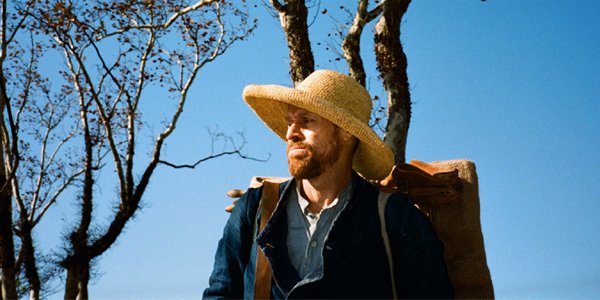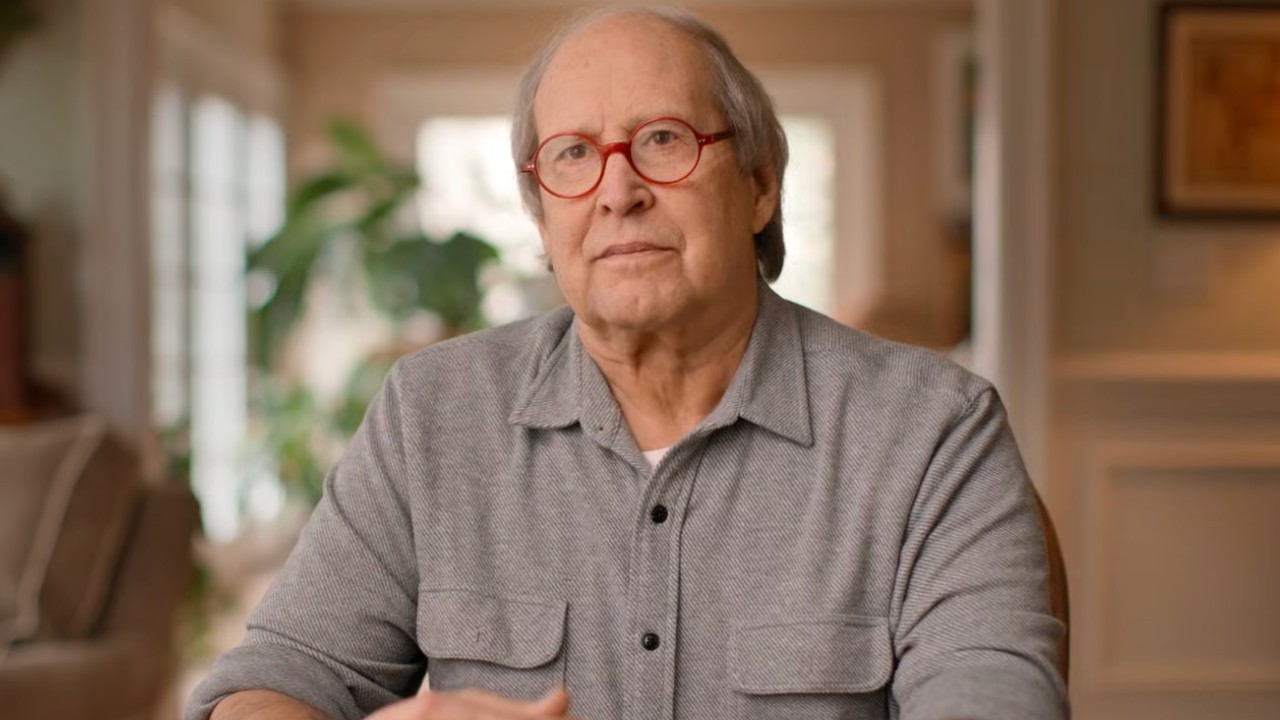How At Eternity’s Gate Will Change Your Vision Of Vincent Van Gogh, According To Willem Dafoe

When most people think about the life of Vincent Van Gogh, they don't exactly conjure positive images. Part of the legendary artist's legacy is the fact that his work was widely disregarded in his time, and after dying a poor man his paintings became recognized as some of the greatest art ever put to canvas. It's a part of the story recognized in Julian Schnabel's new Van Gogh biopic, At Eternity's Gate, but there's much more to the tale than the base trivia. As star Willem Dafoe points out, it's also eye-opening just how prolific the man was during the final years of his life:
In the period that we deal with he was so productive, it kind of shatters the idea of him as the poor tortured artist. Ears cutting off and all that thrown into the mix, but he was on fire. He was creating... I don't remember how many paintings - like a painting every day. And of course he had lots of challenges, but he was in touch with the thing that he wanted to do. He was awake and that's what we all aspire to do.
Willem Dafoe delivers one of the best performances of his career in At Eternity's Gate, and I had the opportunity to discuss the project with him earlier this month during the film's Los Angeles press junket. During the interview I noted the general perception of Vincent Van Gogh -- a simultaneously tragic and renowned figure in the annals of history -- and asked how the actor's perception of him changed after his performance. The big thing he accentuated was just how productive he was, not only churning out hundreds of pieces, but also physically painting them all with great speed.
Based on a script by Jean-Claude Carrière, Louise Kugelberg, and Julian Schnabel, At Eternity's Gate depicts the life of Vincent Van Gogh in the last few years of his life, from 1888 to 1890. It was at this time that he moved from living with his brother to the small city of Arles in the south of France. It was during this time that produced some of his most famous and beautiful works, including the Night Cafe, Bedroom in Arles, Self-portrait with Bandaged Ear, and The Starry Night. However, while he was doing the greatest work of his career it was a period that also saw him suffer tremendously due to his mental illness, and suffer multiple incarcerations in psychiatric hospitals.
At Eternity's Gate and Willem Dafoe's performance are vivid in their depiction of Vincent Van Gogh's serious psychological issues, but also beautifully celebrate the man's incredible contribution to the art world. Not only does the narrative witness the creation many of his most incredible paintings, but also brings them to life through remarkable set design and cinematography. It's a fantastic piece of work, and a tremendous tribute.
You can watch Willem Dafoe discuss his turn as Vincent Van Gogh and At Eternity's Gate's effect on his perspective on the man by clicking play on the video below!
Following its world premiere at the Venice Film Festival earlier this fall, At Eternity's Gate -- co-starring Rupert Friend, Oscar Isaac, and Mads Mikkelsen - will be making its way to American audiences this weekend. Look for the movie hitting theaters in limited release on November 16th.
Your Daily Blend of Entertainment News

Eric Eisenberg is the Assistant Managing Editor at CinemaBlend. After graduating Boston University and earning a bachelor’s degree in journalism, he took a part-time job as a staff writer for CinemaBlend, and after six months was offered the opportunity to move to Los Angeles and take on a newly created West Coast Editor position. Over a decade later, he's continuing to advance his interests and expertise. In addition to conducting filmmaker interviews and contributing to the news and feature content of the site, Eric also oversees the Movie Reviews section, writes the the weekend box office report (published Sundays), and is the site's resident Stephen King expert. He has two King-related columns.
